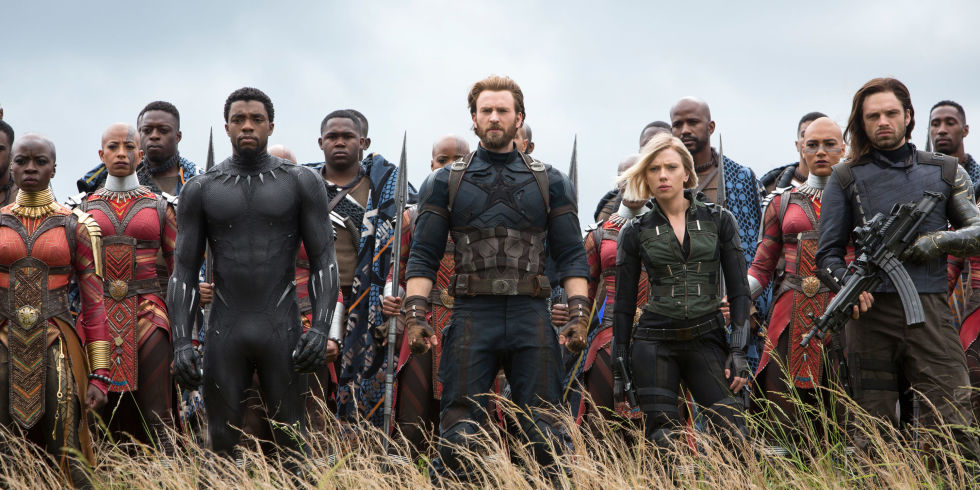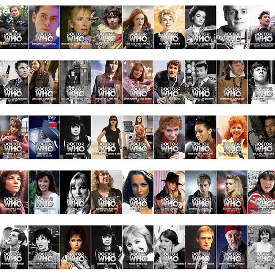
I took my family to see Avengers: Infinity War, looking forward to it but still smarting at the price of the tickets.
During the trailers for some of the franchise movies coming out this summer, I couldn’t help hearing the sound of a cash register in my head.
Deadpool 2, May 15. Ka-ching!
Solo: A Star Wars Story, May 24. Ka-ching.
Jurassic Park: Fallen Kingdom, June 6. Mission Impossible – Fallout, July 26. Ka-ching, ka-ching!
And they didn’t even show trailers for The Incredibles 2 or Ant-Man and the Wasp. Perhaps they feared the harassed parents in the audience might expire under the stress.
The price of two adult and two teenager tickets for Infinity War in my provincial UK town currently stands at £49, or a little over $67 (it can fluctuate thanks to a policy of “dynamic pricing”). So if you were to keep up with all the series I’ve mentioned, you’d be down £294, or $494, before September comes around.
But my real worry is that you could spend that money without seeing a single film that wasn’t a sequel or part of a franchise.
I am not knocking any of those franchises particularly. I thought Infinity War was a remarkably good movie, especially given that it had to pack a record-breaking number of Marvel heroes into one story. Black Panther was excellent too. And some of my favourite films could be called franchise movies, from Bride of Frankenstein to The Godfather Part II.
But in a crowded market place, this busy slate of sequels and spin-offs doesn’t leave much room for fresh ideas. And, ironically, it’s genre fans who may be short-changed the most.
Smaller, independent films, and the stories that impress Academy voters, are still made, of course. In the UK, they tend to be released early in the year, around Oscar time, before the superhero cycle starts again.
But while the small-scale dramas seem to still have their niche, big, imaginative genre works are getting squeezed out of the picture altogether. Disney’s various brands (Star Wars, Marvel, Pixar) take up much of the film calendar before anyone else gets a look in, and the other studios are equally keen to manufacture franchises rather than release individual films.
Between the art house output and the superhero blockbusters, we’re missing out on big, visionary movies that don’t feature guys with superpowers.
It was only recently that interesting, stand-alone SF works like Inception, Gravity, The Martian or Arrival could still find a place among the big releases. But the success of Marvel has changed the world, and not entirely for the best. It seems nobody wants to put scores of millions of dollars into an SF or fantasy movie unless its audience is likely to return for film after film.
In some respects, the genre we love seems to rule the world. Who would have thought its success would make it less likely that we’d hear new voices in the genre?
Footnote: This article owes a substantial debt to a pub conversation with Amazing contributor Gary Dalkin. Thanks Gary,










